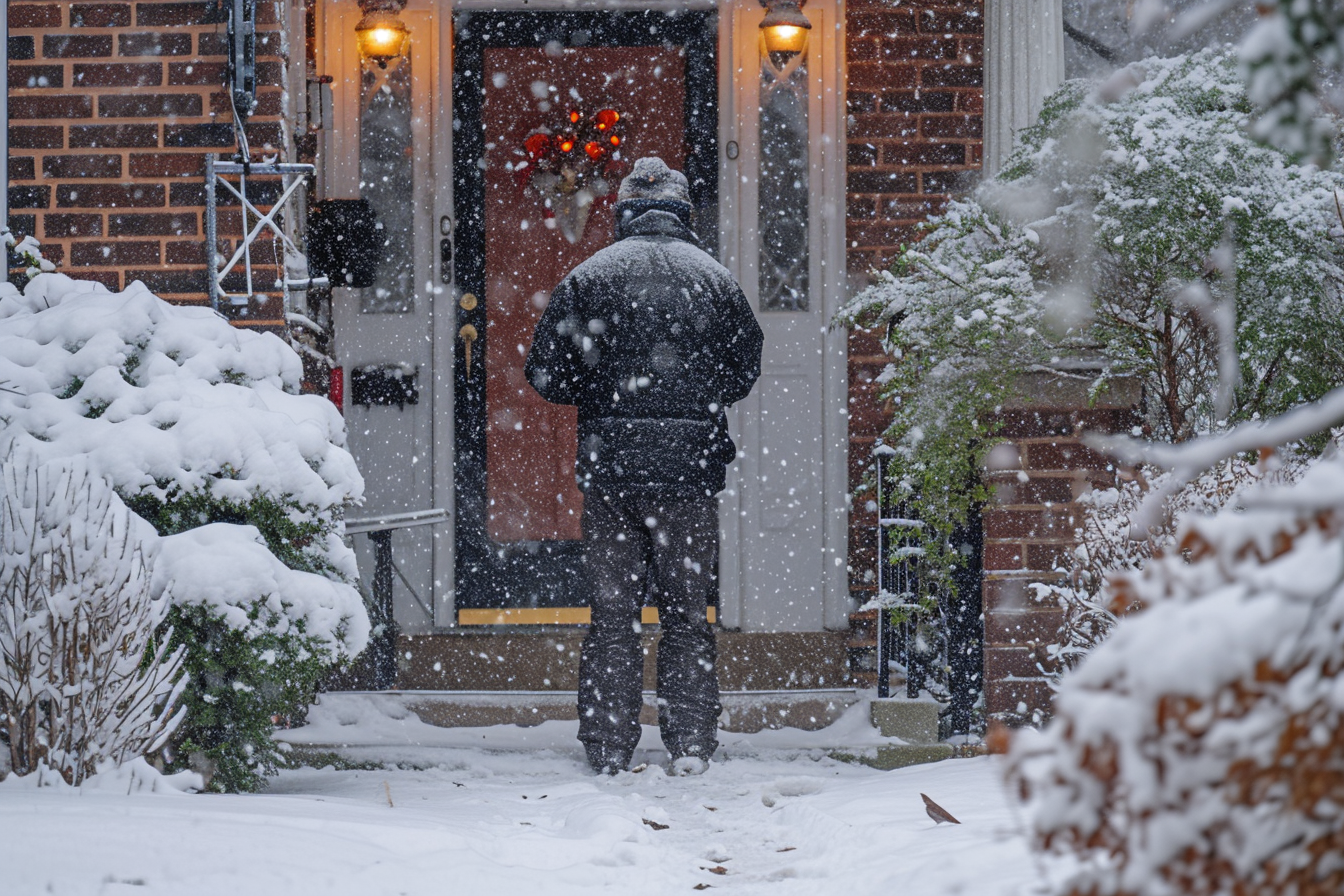
With winter storms pelting the Midwest and tornadoes and floods gearing up to do the same to the Southeast, consumers will also have to contend with another threat – scammers!
Fraudsters are huddled in front of their TVs, watching the Weather Channel and planning where they can target consumers, exploiting every little thing that can go wrong, from power outages to roofs damaged by fallen trees.
Separating fact from fiction
But, how do you know if a supposed contractor is for real? And how do you protect yourself against getting scammed and losing money?
The Federal Trade Commission’s (FTC) flashing caution lights include:
Someone showing up at your residence unannounced. “Utility imposters work year-round, but after a storm, they might call or knock on your door saying they need to repair or replace equipment. Then they’ll ask you to pay. Don’t pay them. That’s a scam,” said Gema de las Heras, consumer education specialist at the FTC.
Taking their word when they say they’re licensed and insured. Before you sign on any dotted line or pay anyone anything, make sure that “contractor” is for real.
You can check with your state or county government to confirm a contractor’s license by searching “electrical license register [for Tennessee].” Ask the contractor for proof of insurance and a written contract, too.
Another method is to check the contractor's website. A legitimate contractor will have a professional website with valid contact information, a physical address, and a phone number.
But, with scammers getting slicker by the day, you’d be wise to go the extra mile and look for their business listing on Google or NextDoor and carefully read all the reviews.
"We only take cash." Never ever pay in cash. You are protected when you pay with a credit card. And only after the work is done, should you pay in full.
Official-sounding representation. If someone says they’re from the local utility company, call the utility company and ask for verification. The same goes for anyone who claims they’re a government official or who throws around official-sounding assistance – for example, the Weatherization Assistance Program (WAP) that the federal government offers. Don’t take their word. Instead, visit the “housing benefits” section of Benefits.gov and contact the agency in charge of whatever program you’re being offered and ask for their assistance.
“We need to plug your Social Security number (bank account or credit card number) into our system to see if you qualify for the program.” If anyone asks you for anything like that, it’s a scam.
Same with FEMA application fees. Someone who asks for money in order to qualify for FEMA funds may be scamming you.
Photo Credit: Consumer Affairs News Department Images
Posted: 2024-01-10 11:55:41


















